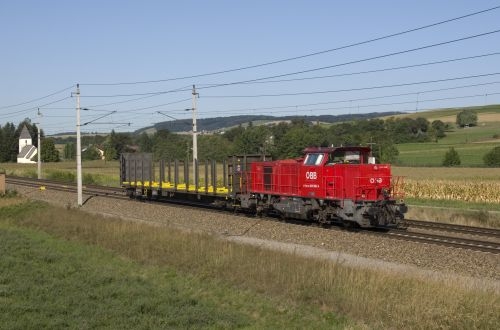Since December 2012, the government has provided a €50m in financial aid to sustain single wagonload operations, under a derogation from the European Commission. However, with this arrangement due to expire at the end of 2017, Austria is looking to continue subsidies and increase the efficiency of the wagonload scheme.
A recent study found that costs for road and rail transport are similar over distances of 120-300km, and subsidies are therefore necessary to increase short-haul rail volumes. The new scheme recognises the fact that the last mile is the most costly element of single wagonload operation and subsidies will therefore support operations between loading/unloading points and the nearest marshalling yard, no longer taking into account the overall distance travelled.
This means the government will be able to fund more wagonload flows with the same level of subsidy, in line with the government's objective of boosting rail's share of the Austrian freight market from 33% to 40% by 2030.
However, the Ministry of Transport stated that international wagonload traffic also needs to be supported in other countries, and no amount of subsidy will help the sector to grow in Austria if operators in neighbouring states abandon wagonload services.

